Self-Regulate Without Using Alcohol
We may use alcohol to self-regulate stress, anxiety, depression, anger and insecurity, but neuropsychology has better ways to deal with them. This article suggests six neuropsychological tips for self-regulation.
Self-regulation is defined as, “the effortful ability to plan and achieve delayed adaptive outcomes through goal-directed behavior, often by delayed gratification.” (Self-Regulation, Alcohol Consumption, and Consequences in College Student Heavy Drinkers: A Simultaneous Latent Growth Analysis)
Self-regulation consists of three stages: 1) self-monitoring 2) self-evaluation 3) self-reinforcement. And Self-regulation theory suggests that you are more likely to become a heavier drinker if you have lower self-regulatory capacities in these three areas, and may often ignore previous “red flags” from drinking, and do not change your drinking behaviour to avoid the same outcomes in future.
Research by Hustad J.T.P, et al (2009) found that lower self-regulation ability indicates a higher risk for ‘alcohol-related consequences’ and impairs normal reductions in alcohol use and consequences for heavier drinking college students.
Six Neuropsychological Techniques To Improve Self-Regulation
The following six neuropsychological techniques may improve self-regulation ability and therefore reduce the risk factor for experiencing alcohol-related consequences:
1. Using physiological sigh
2. Amygdala deactivation
3. Feelings acknowledgment
4. Gaze dilation
5. Pupillary convergence
6. Positive journaling
1. Using physiological sigh to self-regulate without using alcohol
If you are feeling stressed you can trying breathing using a physiological sigh. Dr Huberman describes the method as “two inhales, a long exhale 1-3 times”. In seconds you can physically decrease the symptoms of stress using “the body to control the mind, rather trying to use the mind to control the mind.”
2. Amygdala deactivation to self-regulate without using alcohol
Taking regular walks can reduce anxiety by deactivating the amygdala (Habitual physical activity mediates the acute exercise-induced modulation of anxiety-related amygdala functional connectivity.) Research suggests that “after one bout of aerobic exercise, subjects with higher habitual physical activity reported more anxiety relief.” However, “non-regular exercisers exhibited the opposite effect or no change at all”. Therefore, it is important that the physical activity is regular to have a beneficial neuropsychological effect.
3. Feelings acknowledgment to self-regulate without using alcohol
If you are feeling sad, it is important to acknowledge your feelings, even verbalizing them, eg., “I feel sad” has been shown to offer relief.
Further, physical activity can cause your body to release endorphins, which can “reduce your perception of pain“.
4. Gaze dilation to self-regulate without using alcohol
If you are feeling angry or impulsive you may find it helpful to dilate your gaze (look outside the window), to blunt noradrenaline release so you can think clearly.
We can literally turn off the stress response by changing the way we look at the environment with our eyes. We can do this by holding our head still and dilating our gaze by widening the viewing angle using our periphery vision to take in what is to the sides, above and below. (Scientific American)
5. Pupillary convergence
If you lack motivation, focus on one spot on one spot on your screen for one minute to release noradrenalin because pupillary convergence increases focus.
Research has shown that, “pupil dilation closely responds to changes in task demands and in some cases predict improved task performance.” (Pupil dilation as an index of effort in cognitive control tasks: A review)
6. Positive journaling to self-regulate without using alcohol
If you have feelings of low self-esteem or low self-worth, or insecurity, you may find it useful to write down your strengths, this engages logical thinking, which overrides the limbic system.
“The act of writing accesses your left brain, which is analytical and rational. While your left brain is occupied, your right brain is free to create, intuit and feel.” (The Health Benefits of Journaling.) This will help you know yourself better, and “get to know what makes you feel happy and more confident”.
Mark Holmes is the author of “Holmes’s Complete Guide To Stop Drinking Alcohol; The Easy, Mindful and Pain-free Way” and editor of “The Top 10 Ways To Stop Drinking Directory 2022″ available for under £2 on Amazon, or free if you sign up for the Stop Drinking Directory Aweber Mailing List.
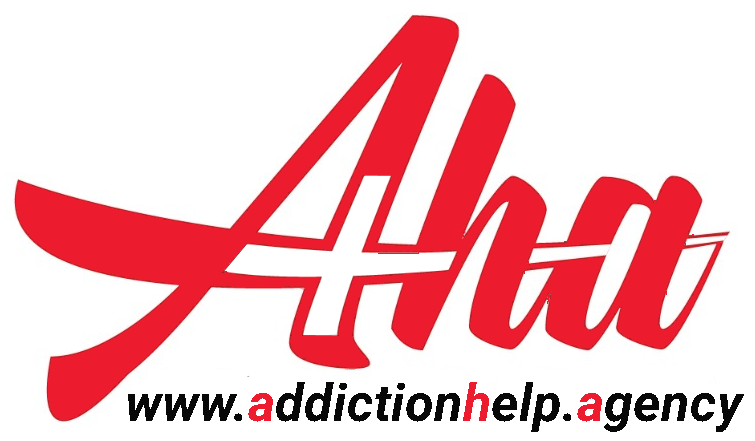
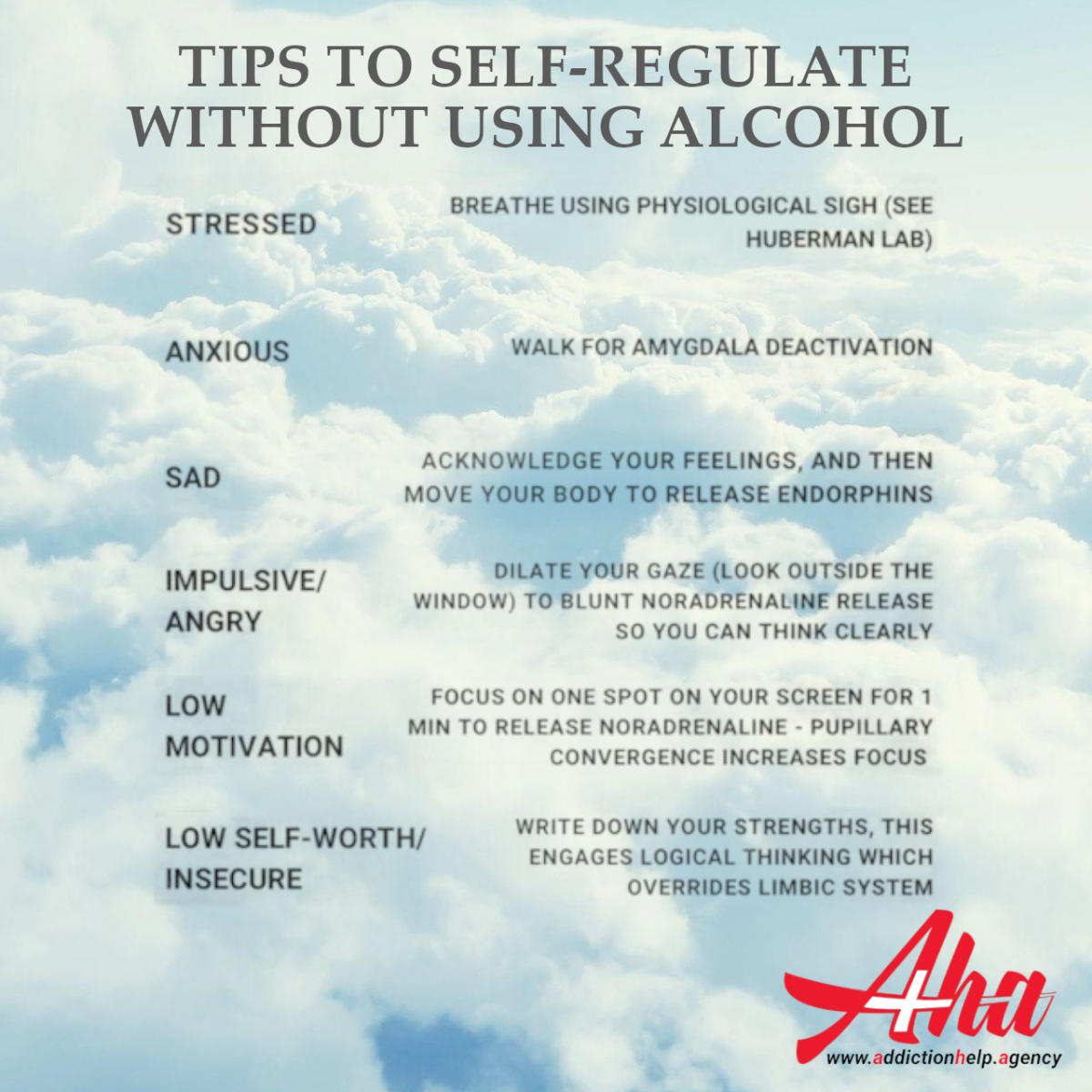
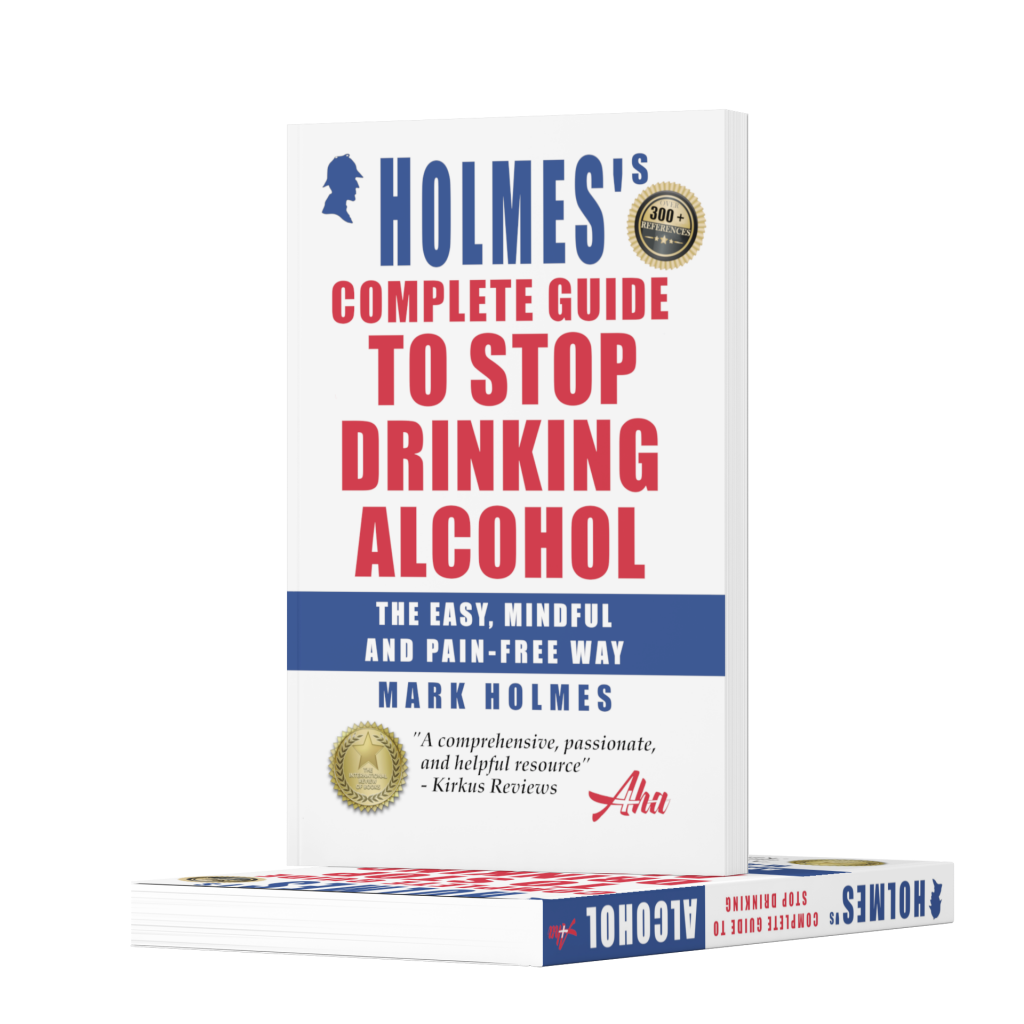
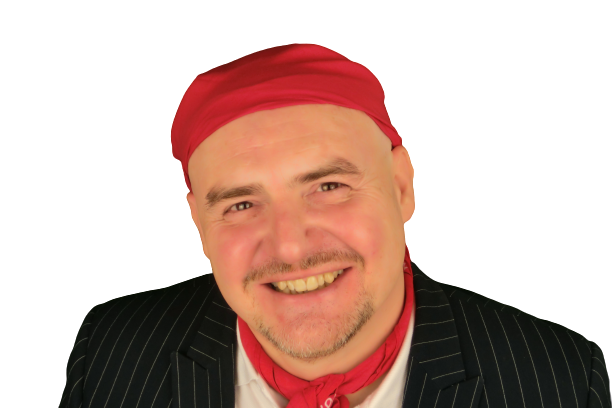
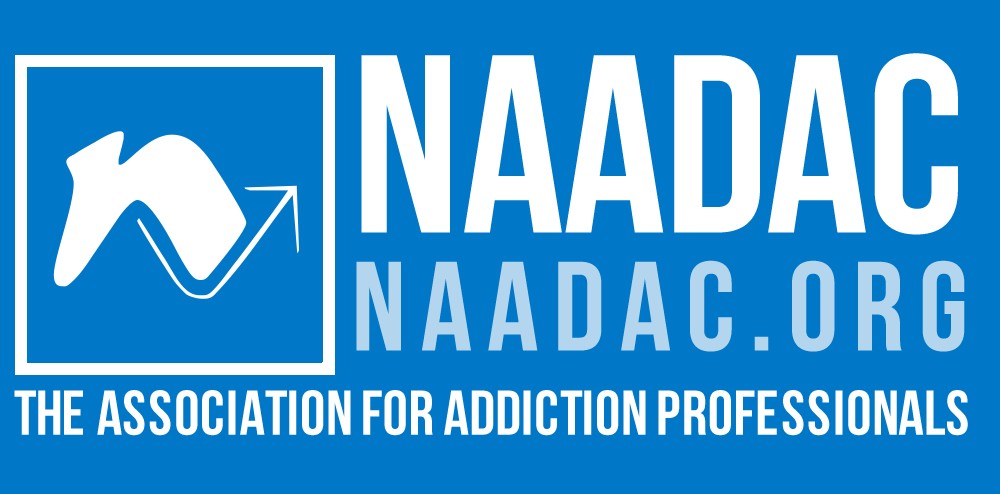
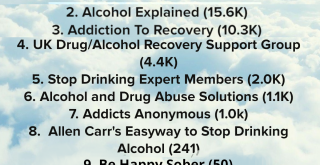
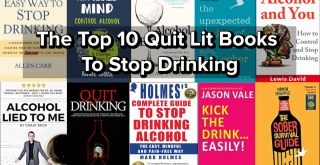
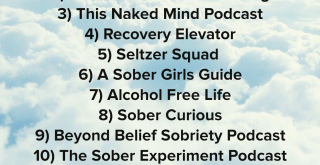
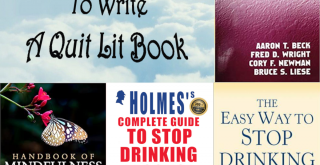
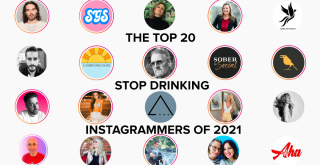
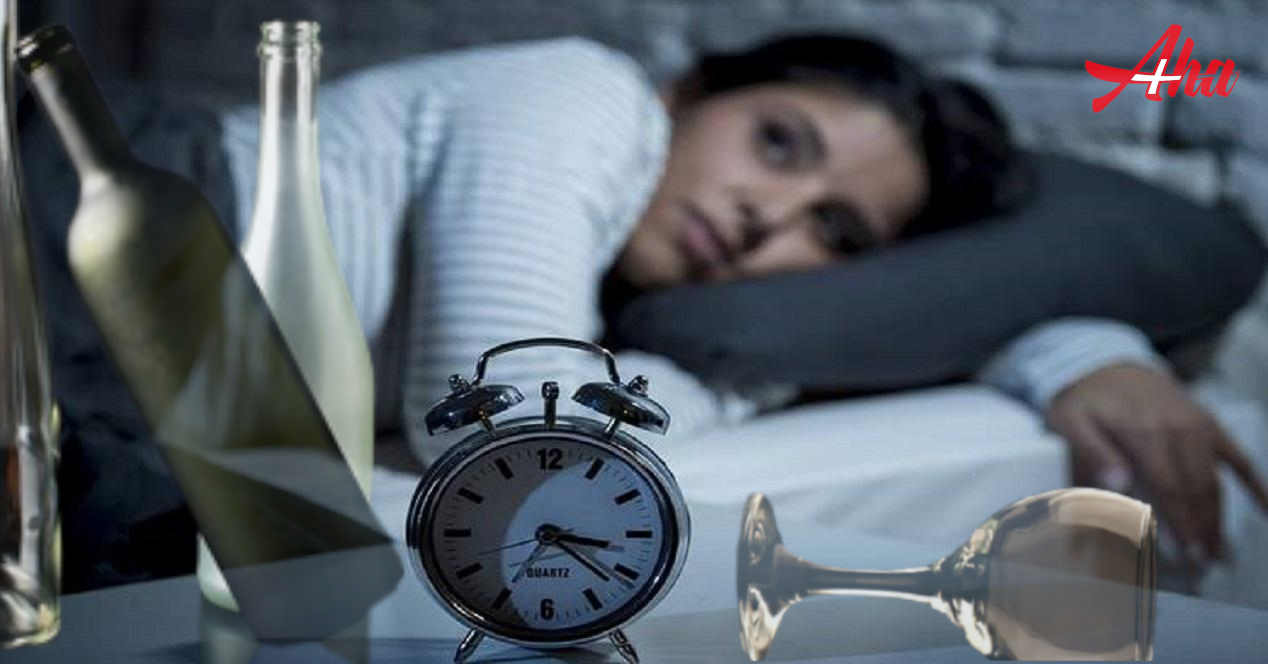
0 Comments